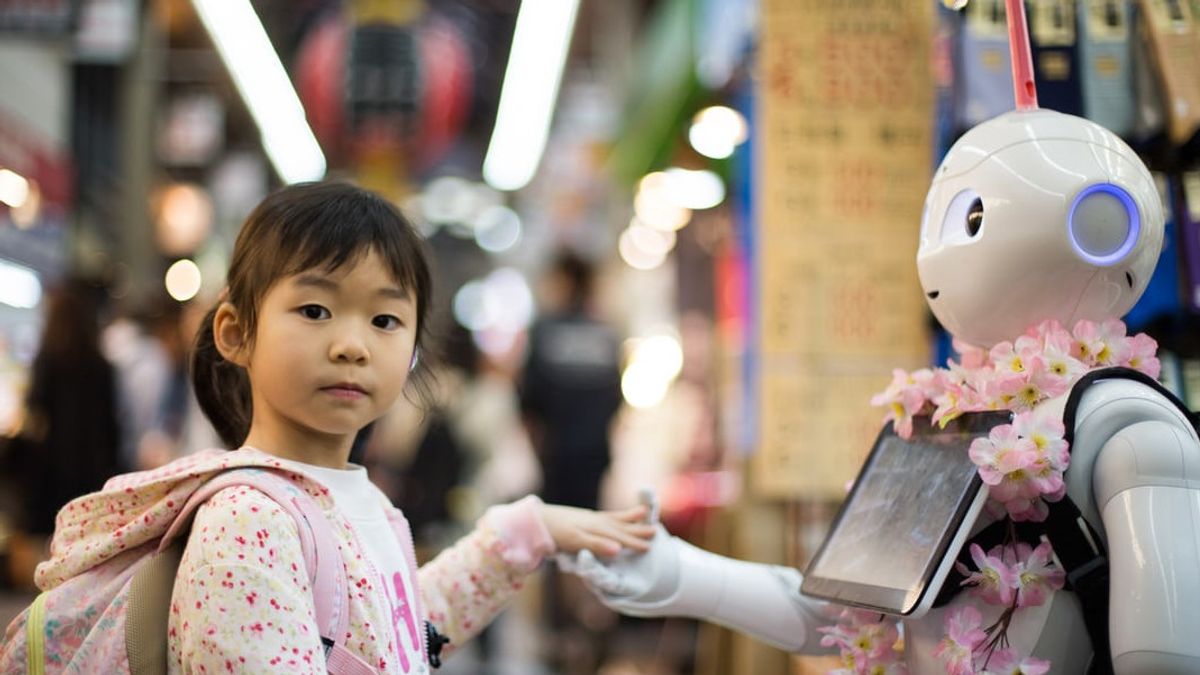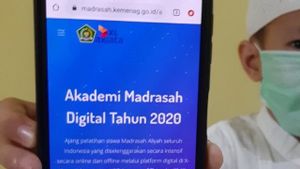JAKARTA - A new scientific study shows that humans are more interested and chatting with female robots, than male robots.
According to research conducted by Washington State University, people prefer to interact with artificial intelligence presented as women because of gender stereotypes.
The study involved four humanoid robots by giving 170 people the choice of which one to talk to.
A pair of them are named Alex and are designed to be male and the other two are female equivalents known as Sarah. Candidates are also offered two robots that have interactive screens, to replace human-like facial features.
Assistant Professor of Hospitality Management at Carson Business College WSU in Everett, Soobin Seo conducted a survey which was published in the International Journal of Hospitality Management. The results found that people felt more comfortable talking to Sarah than Alex.
"People have a tendency to feel more comfortable being cared for by women because of existing gender stereotypes about service roles. Those gender stereotypes seem to be transferred to robotic interactions, and it's more amplified when robots are more human-like," Seo said as quoted by the Daily Star, Monday, February 7.
SEE ALSO:
The researchers also plan to investigate how people's perceptions may be affected by the AI robot's personality, depending on whether they are extroverted or introverted.
"We may start to see more robots as a substitute for human employees in hotels and restaurants in the future, so we may find that some of the psychological relationships we see in human-to-human interactions are also implemented in robotic interactions," Seo said.
For the first time, it was found that an average 170 people would be more attracted to being greeted by an artificial intelligence machine and a person. But since the COVID-19 pandemic came, AI robots have played a big role because guests are reluctant to touch people rather than robots, in order to minimize the risk of spreading disease.
The English, Chinese, Japanese, Arabic, and French versions are automatically generated by the AI. So there may still be inaccuracies in translating, please always see Indonesian as our main language. (system supported by DigitalSiber.id)













